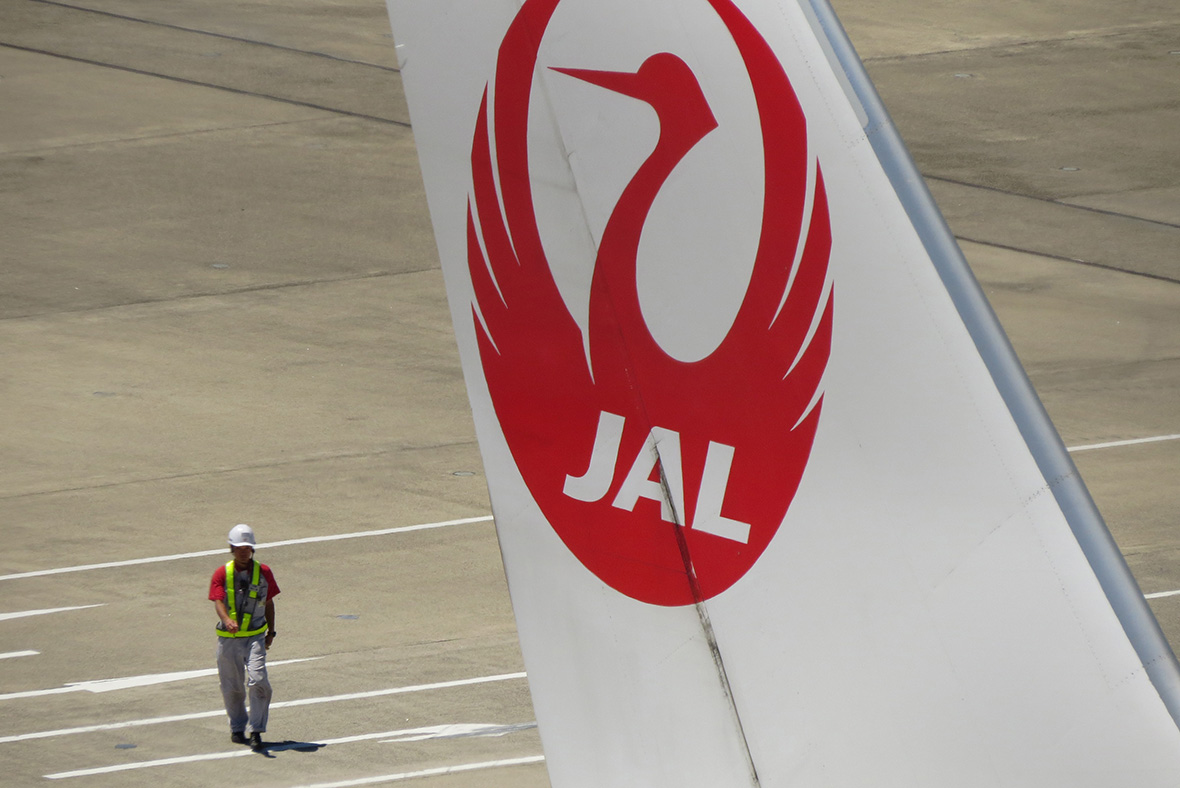Japan Airlines (JAL) will no longer address its passengers as "ladies and gentlemen" but instead use gender-neutral phrases. In a global move to pursue inclusivity, JAL will refer to its flying patrons using phrases such as " good morning everyone" or "attention all passengers" beginning October 1.
All announcements from the airline both in-flight and at airports across the globe will refer to its passengers using gender-neutral language. However, this will only apply to JAL's English announcements because in Japanese language, such expressions are already gender-neutral.
In a report from CNN, Yutaro Iwasaki, publicist for JAL said, "We have been promoting diversity in the community since 2014, and this is one of our actions taken to treat everyone (the same) regardless of gender."
JAL is one of the few airlines in the industry to have embraced the change to recognise its nonbinary and transgender customers. It is the first Asian airline to support the practice.
In 2019, Air Canada announced its intent to switch while European low cost carrier EasyJet said they have instructed and oriented their staff on how to use gender-neutral terms.
"We have committed to not discriminate based on gender... sexual orientation, gender identity or other personal attributes," spokesman for JAL Mark Morimoto said.
The Tokyo-based airline has been slowly cultivating a change towards gender equality when it made a significant move to give its female flight attendants free choice to wear trousers on board in place of skirts in March.
In the same light, JAL Express employed its first ever female commercial air pilot in 2019. Ari Fuji was accepted into JAL's pilot training program after acquiring her pilot's license in the United States. According to the International Civil Aviation Organization (ICAO), 5 % of all pilots around the globe are women.
Corporate support for LGBT rights has seen much growth in Japan despite its socially conservative norms. However, same sex marriage remains illegal and being openly gay is still considered taboo. Although some two dozen cities and towns issue same sex-partnership certificates, these do not have any legal recognition.
LGBT advocates say about a third of Japanese companies have measures that support gay couples although discrimination still persists. Last year, thirteen same sex couple across Japan sought legal action demanding the right get married.


